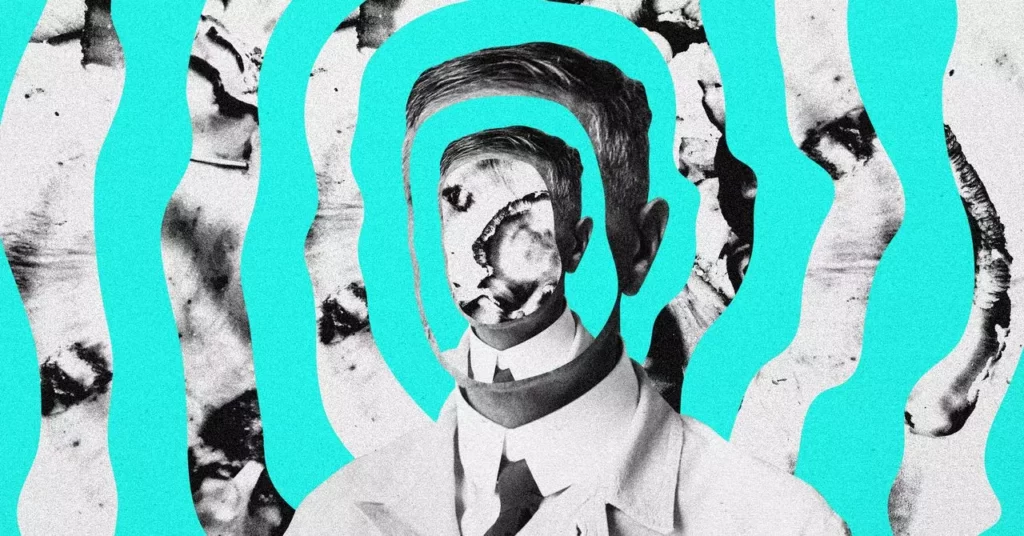Artificial intelligence has captivated public imagination with promises of revolutionizing mental health treatment—offering scalable, accessible, and seemingly innovative solutions. Charismatic entrepreneurs like Christian Angermayer champion AI as a vital tool to enhance psychedelic therapy while promising that these digital helpers are merely supplementary to human clinicians. The optimistic narrative suggests that AI can foster continuous engagement, provide motivational reinforcement, and even serve as a digital mirror for self-reflection outside traditional settings. However, this rosy outlook obscures the stark reality: AI is fundamentally limited in understanding human emotion and consciousness. As a center-right liberal-leaning observer, I recognize the importance of technological progress but remain critically aware that overestimating AI’s capacity risks dehumanizing our mental health approaches and, worse, endangering vulnerable individuals.
While AI-powered applications like Alterd may provide temporary comfort or insights, reducing complex human experiences to algorithms is misleading. The notion that a chatbot can emulate the nuanced empathy of a trained therapist is fundamentally flawed. Emotional support — especially during the turbulence induced by psychedelics — requires more than pattern recognition and canned responses. It demands genuine human understanding and adaptability that current AI models simply cannot replicate. This overoptimism risks creating a false sense of security and leads us to rely uncritically on technological panaceas that are incapable of addressing the profound depths of human suffering.
The Limitations of AI During Psychedelic Experiences
The phase of a psychedelic journey is characterized by unpredictable emotional upheaval and heightened vulnerability. During such moments, the presence of a compassionate and perceptive human therapist can mean the difference between insight and catastrophe. AI, regardless of sophistication, lacks emotional attunement—its responses are ultimately based on pre-programmed patterns and statistical modeling. When a user encounters a psychological crisis under the influence of psychedelics, the AI’s inability to sense subtle cues such as tone, body language, or unconscious signals becomes glaringly apparent.
Incidents of AI-induced psychological distress have been reported, indicating that reliance on these tools without adequate human oversight is perilous. The risk of misjudgment looms large. For example, in cases where an AI chatbot may fail to recognize the severity of a user’s mental state, the consequences could be catastrophic. It’s critical to realize that psychedelics can induce transient states of emotional chaos — states that demand the expertise of trained mental health professionals capable of intuitively navigating complex emotional terrains. Relying solely on algorithms in such scenarios is irresponsible and potentially harmful.
The Ethical Quagmire of Data and Trust
Beyond technical limitations, integrating AI into mental health domains raises profound ethical concerns. These tools function by collecting, analyzing, and storing sensitive personal data. While data privacy has become a buzzword, the reality is that breaches and misuse are persistent threats, especially when dealing with highly personal psychological information. The potential for data leaks, misuse, or even the commodification of mental health data threatens individual privacy and erodes trust.
Furthermore, consent becomes complicated when AI interfaces operate continuously in the background of personal lives. Are users truly aware of what data is collected, how it’s analyzed, and who has access? In a society that values personal autonomy, such questions cannot be dismissed lightly. The danger is that, in pursuit of technological efficiency, we may unintentionally create a surveillance society where mental health becomes a data point rather than a deeply personal human experience. Ethical oversight and strict regulatory frameworks are essential but often lacking or inadequate in this rapidly evolving field.
The Risk of Deepening Disconnection
Perhaps the most insidious threat AI poses to mental health is its propensity to foster superficial interactions over genuine human connection. In a center-right conservative world that values individual responsibility and resilience, there is a danger that reliance on AI tools may reinforce a sense of detachment from authentic relationships. If individuals turn increasingly to chatbots for reassurance and self-understanding, they may neglect the invaluable comfort and growth derived from human contact—face-to-face conversations, community support, and empathetic listening.
Over time, this reliance can foster feelings of isolation, especially when AI cannot reciprocate in a truly empathetic sense. It risks creating a societal imprint where loneliness deepens because technology can never substitute the complex emotional exchanges that characterize authentic human bonds. Such an outcome conflicts with the fundamental goal of mental health support: fostering resilience, social integration, and authentic human understanding.
A Cautious Path Forward
While dismissing AI outright is unnecessary, neither should we accept its integration without rigorous scrutiny. It is tempting to view these technological advances as a quick fix, but history warns us that shortcuts in mental health often come at a high price. Thoughtful adoption requires transparent standards, vigilant oversight, and recognition of AI’s intrinsic limitations. We must prioritize human expertise, especially during critical moments such as psychedelic sessions, crises, or prolonged emotional struggles.
In essence, AI has the potential to support mental health in a limited, supportive capacity—serving as a supplement, not a substitute. Its role should be that of an accessible, stigma-free adjunct that encourages self-awareness and behavioral change under professional supervision. Rushing to replace human empathy with digital algorithms is a mistake that could diminish rather than enhance our collective resilience and well-being. Protecting individual dignity and ensuring safety must govern the pursuit of innovation in this delicate field. Only then can we hope to balance technological progress with the profound needs of the human spirit.









Leave a Reply